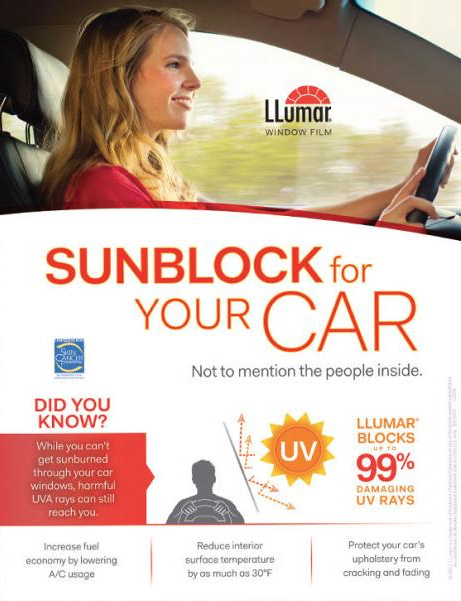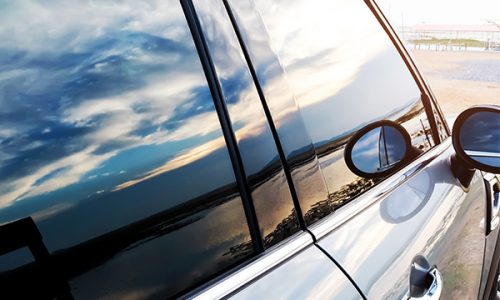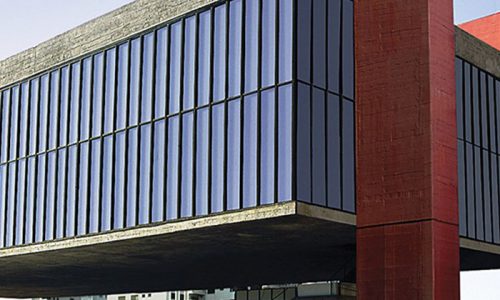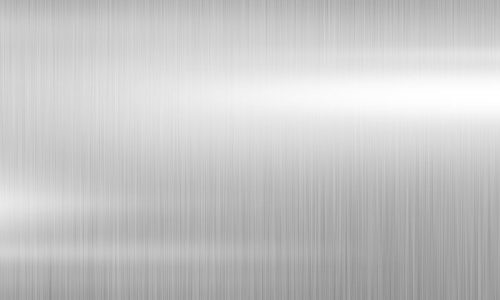SKIN CANCER
Home ► Automotive ► Skin Cancer

Skin Cancer and Window Tint
The Skin Cancer Foundation recommends window tint as part of a comprehensive sun protection program. This recommendation often comes as a surprise because most people think only of outdoor sun safety when they think of skin cancer prevention. While wearing sunscreen, covering up and staying in the shade are all keys to helping protect against the sun’s Ultraviolet Rays (UV) while outside, you should consider a more complete approach to prevention that includes protecting yourself and your family while indoors, especially on the road.
According to The Skin Cancer Foundation:
One in five Americans will develop skin cancer in the course of their lifetime.
Research shows that drivers in the U.S. have a higher rate of skin cancer on their left side due to exposure while driving.
UVA rays account for 90% of the sun’s most damaging rays and are present all day, every day of the year.
You can't get sunburned in your car, but UVA rays can still reach you.
Skin cancer is the most common form of cancer in the United States.
More than 90% of the visible changes commonly attributed to skin aging are caused by the sun.









